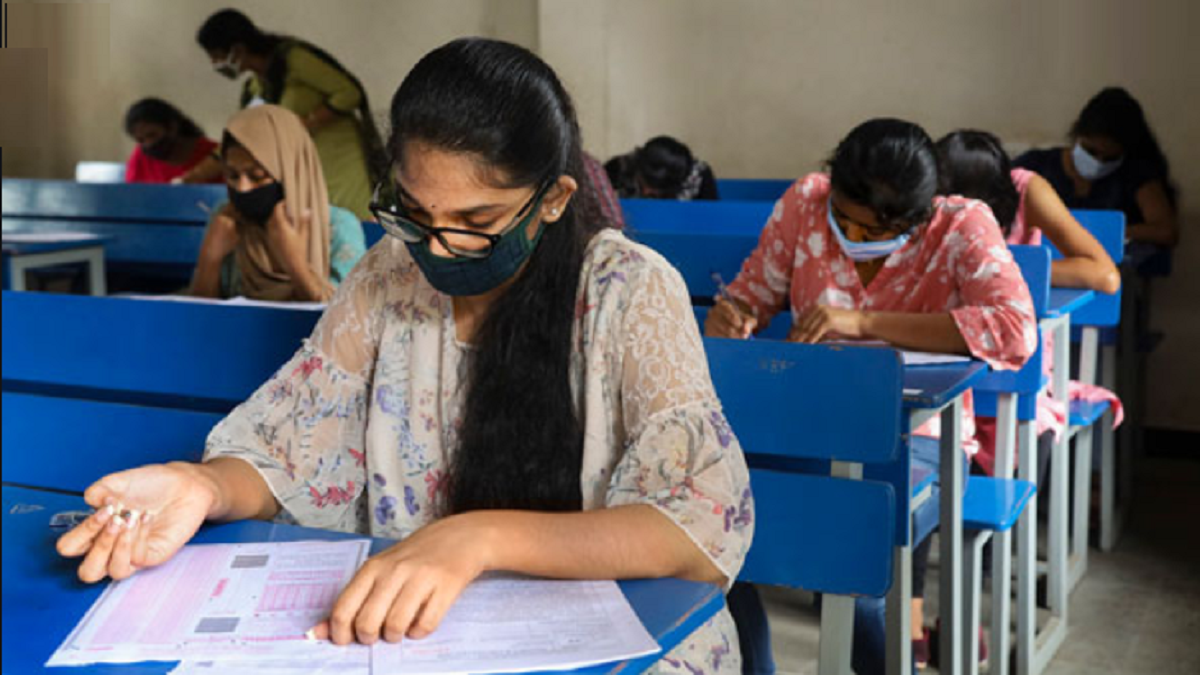
How can a single regional language be imposed on students in metropolitan cities like Delhi and Mumbai? The policy does not seem feasible for a country as diverse as India. Our diversity is a strength, not a weakness, and such policies can signal linguistic and cultural homogenisation. The imminent privatisation of educational institutions is also a sign of the government not willing to realise economic disparities in India. If university fees begin to equal that of private schools, then we are not recognising the people who depend on state patronage. So many people can seek education only if the government comes to their rescue. However, some changes like moving from a single-stream approach to a more multidisciplinary approach should be welcomed. Students from disciplines like engineering need to be taught beyond the tools of their trade. They can become better human beings with some knowledge of social studies and humanities. The phasing out of MPhil programmes makes sense too. However, a policy like the NEP 2020 cannot be simply announced or implemented without due debate in Parliament. I still have a lot of doubts about this document.
Habib is a historian and author of ‘To Make the Deaf Hear: Ideology and Programme of Bhagat Singh and his Comrades’. As told to Poulomi Paul